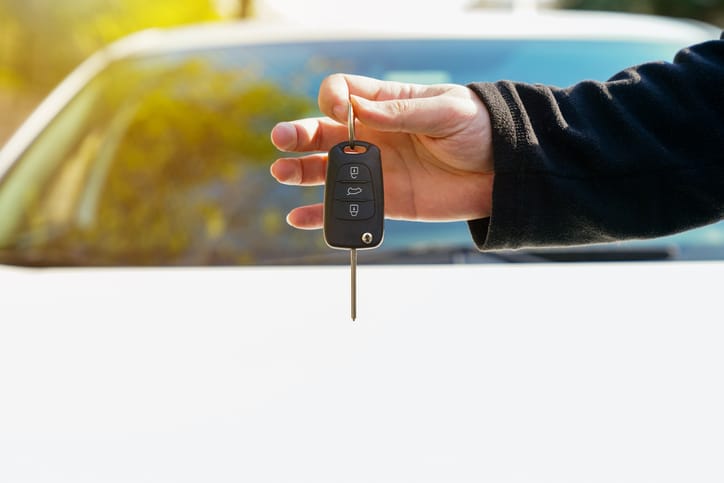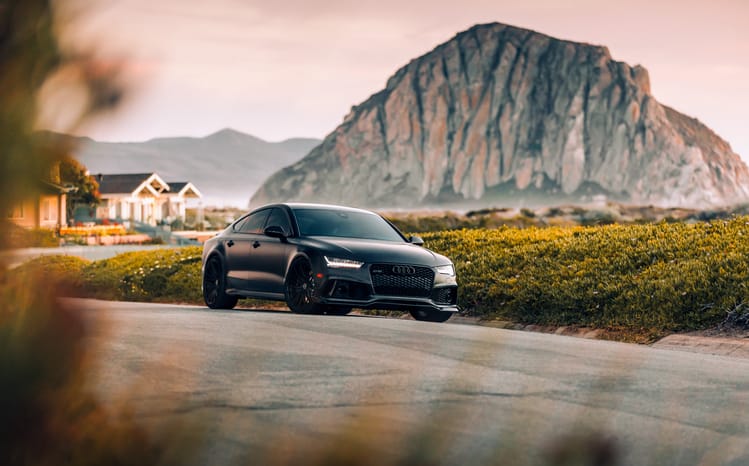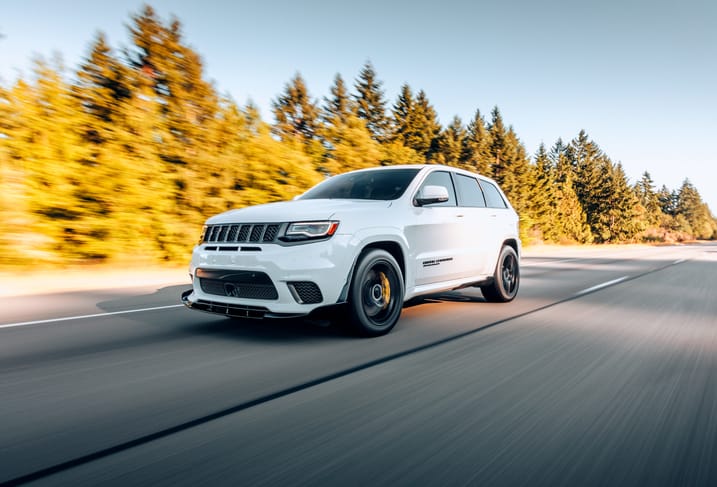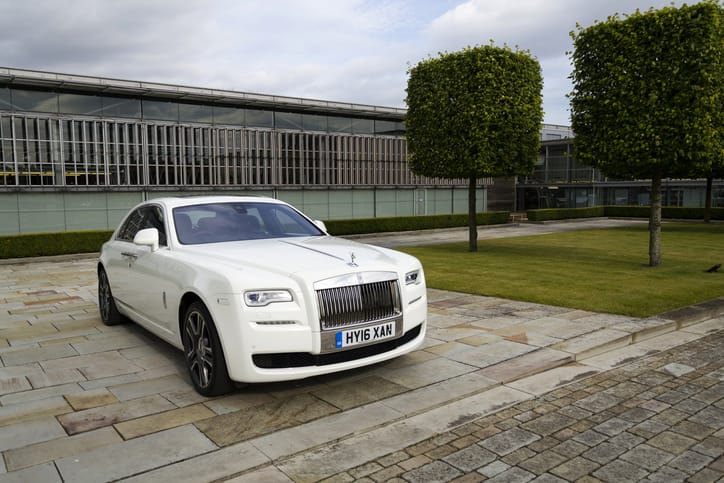New vs. Used: The Ultimate Guide to Finding Your Perfect Car

The age-old question: to buy new or used? It's a dilemma that faces every car shopper, and the answer isn't always straightforward. Both paths offer distinct advantages and disadvantages, and the best choice hinges on your individual needs and budget. This comprehensive guide will equip you with the knowledge to navigate the new vs. used car battlefield and emerge victorious with the perfect set of wheels.
Step 1: Assess Your Needs and Budget
Before diving headfirst into car listings, take a step back and introspect. Consider your lifestyle and driving habits. How many passengers will you regularly transport? Do you prioritize fuel efficiency for city commutes or crave the power for frequent highway trips? Think about cargo space for groceries, sporting equipment, or even potential road trips.
Next, establish a realistic budget. Factor in not just the purchase price, but also financing costs, insurance, fuel, and maintenance. A good rule of thumb is to allocate no more than 15% of your gross income to a monthly car payment.
The Allure of the New Car
There's an undeniable thrill associated with driving a brand new car. The fresh scent of the interior, the gleaming paint job, and the cutting-edge technology all contribute to a sense of satisfaction. Here's a closer look at the benefits of buying new:
- Warranty: New cars come with comprehensive warranties that cover repairs for a set period or mileage. This provides peace of mind and protection against unexpected mechanical issues.
- Latest Technology: New models boast the latest safety features like automatic emergency braking, lane departure warning, and blind-spot monitoring. Additionally, they often come equipped with advanced infotainment systems and driver-assistance technologies.
- Financing Options: Dealerships often offer attractive financing deals for new cars, making them more accessible to buyers with moderate credit scores.
- Customization: You can often customize your new car with factory options like paint colors, interior trims, and desired features.
The Value Proposition of Used Cars
While new cars offer a certain allure, used cars hold significant advantages, particularly for budget-conscious buyers. Let's explore the reasons why a pre-owned vehicle might be the smarter choice:
- Lower Cost: The most compelling reason to consider a used car is the significant price reduction compared to its new counterpart. Depreciation hits new cars hard the moment they leave the lot, putting a used car within reach for many shoppers.
- Wider Selection: The used car market is vast and diverse, offering a wider range of options compared to the limited selection of new models on dealer lots. You might find a gently used luxury car for the price of a new compact car.
- Slower Depreciation: Once you buy a used car, the depreciation rate slows down considerably. This means you'll get more value for your money when you eventually decide to sell.
- Certified Pre-Owned (CPO): Many dealerships offer CPO programs that meticulously inspect and back used cars with extended warranties. This provides peace of mind and a level of assurance similar to buying new.
New vs. Used: A Breakdown by Category
The decision between new and used can also be influenced by the specific car category you're considering:
- Sedans: If you prioritize fuel efficiency and a comfortable ride for daily commutes, a reliable used sedan might be the perfect choice.

- SUVs: For those needing cargo space and passenger capacity, a slightly used SUV offers a good balance between affordability and functionality.

- Luxury Cars: Luxury cars depreciate rapidly. Consider a gently used luxury car to get the features and prestige you desire at a fraction of the original price.

- Sports Cars: If you crave the thrill of a powerful engine, a used sports car can be a budget-friendly option. However, keep in mind that performance vehicles often come with higher maintenance costs.

Financing and Negotiating Tips
Regardless of whether you choose new or used, securing the best financing terms is crucial. Shop around for loans from banks, credit unions, and online lenders to compare interest rates and terms.
Negotiation is key, especially when buying a used car from a private seller or a used car dealership that doesn't have fixed prices. Research the car's fair market value using resources like Kelley Blue Book or Edmunds. This will equip you with the knowledge to make informed offers and counterproposals.
The Final Lap: Sealing the Deal
With a clear understanding of your needs, budget, and the pros and cons of new vs. used cars, you're now ready to navigate the final stages of the car buying journey. Here's what you need to know to cross the finish line and secure your perfect car:
Test Drive Extravaganza:
Scheduling a test drive is an absolute must, regardless of whether you're looking at a new or used car. This allows you to experience the car's handling, performance, comfort, and functionality firsthand. Take the car on a route that reflects your typical driving conditions, whether it's city streets or highways. Pay attention to engine noise, responsiveness, and how comfortable the seats are during a longer stretch. Don't be afraid to ask questions and voice any concerns you might have to the salesperson or seller.
